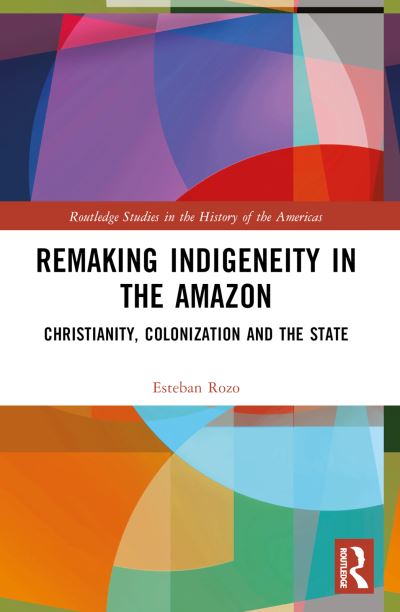
Drawing on archival and ethnographic work, this book analyzes how indigeneity, Christianity and state-making became intertwined in the Colombian Amazon throughout the 20th century.
At the end of the 19th century, the state gave Catholic missionaries tutelage over Indigenous groups and their territories, but, in the case of the Colombian Amazon, this tutelage was challenged by evangelical missionaries that arrived in the region in the 1940s with different ideas of civilization and social change. Indigenous conversion to evangelical Christianity caused frictions with other actors, while Indigenous groups perceived conversion as way of leverage with settlers. This book shows how evangelical Christianity shaped new forms of indigeneity that did not coincide entirely with the ideas of civilization or development that Catholic missionaries and the state promoted in the region. Since the 1960s, the state adapted development policies and programs to Indigenous realities and practices, while Indigenous societies appropriated evangelical Christianity in order to navigate the changes brought on by colonization, modernity and state-formation.
This study demonstrates that not all projects of civilization were the same in Amazonia, nor was missionization of Indigenous groups always subordinate to the state or resource extraction.
| ISBN: | 9781032440590 |
| Publication date: | 18th December 2024 |
| Author: | Esteban Rozo |
| Publisher: | Routledge an imprint of Taylor & Francis |
| Format: | Paperback |
| Pagination: | 170 pages |
| Series: | Routledge Studies in the History of the Americas |
| Genres: |
History of religion Social and cultural history Colonialism and imperialism General and world history History of the Americas History and Archaeology |